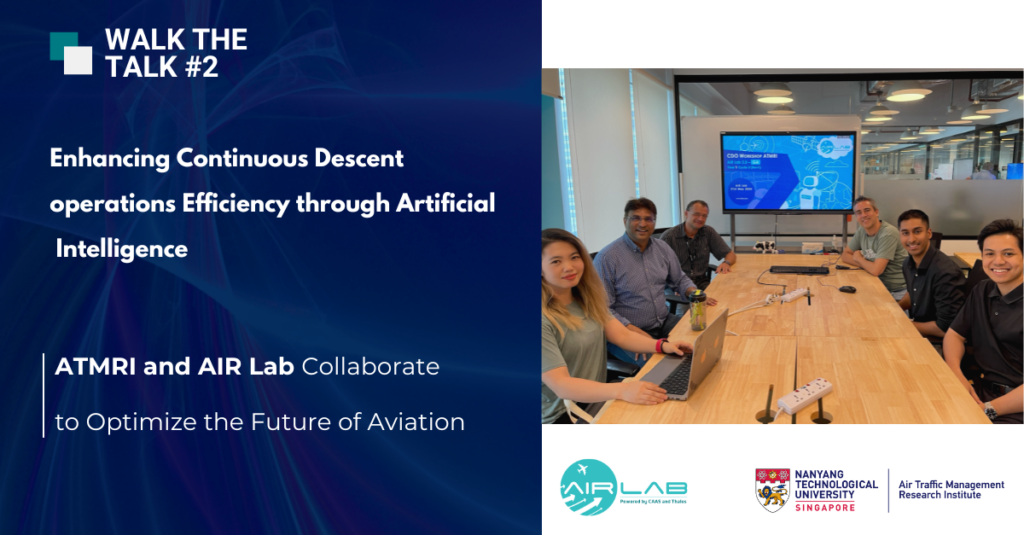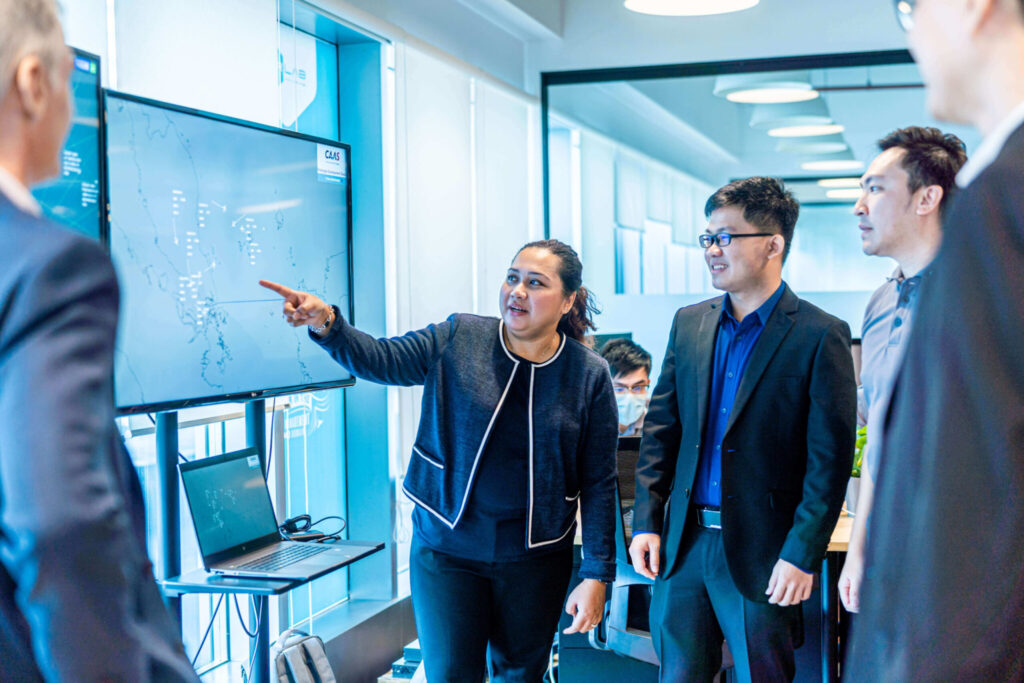Enhancing Continuous Descent Operations Efficiency through AI : Collaborative Innovations by ATMRI and AIR Lab

Fuel efficiency and sustainability are critical concerns in the aviation industry, requiring innovative approaches to address them. With the increasing demand for air travel, managing this growth efficiently becomes crucial to minimizing the environmental footprint. Optimizing flight paths, especially through the implementation of Continuous Descent Operations (CDO), offers a significant opportunity to reduce fuel consumption and carbon emissions. By leveraging artificial intelligence (AI), we can further enhance these outcomes predicting optimal routes to manage air traffic more effectively. This approach is both a step towards more sustainable aviation and a necessary evolution in the face of increasing complexity in air traffic management.
Accelerating digital transformation in air traffic management through open collaborations

The adoption of advanced technologies such as Artificial Intelligence (AI), Machine Learning (ML), Big Data, and the Internet of Things (IoT) has accelerated in the past few years across many sectors and organisations – both large and small – have seen the potential benefits that could be brought to bear by these technologies. This is evident even more so in recent times where Covid-19 restricted how businesses could normally conduct their day-to-day operations and the adoption of advanced technologies has allowed them to stay relevant amidst the challenges.

